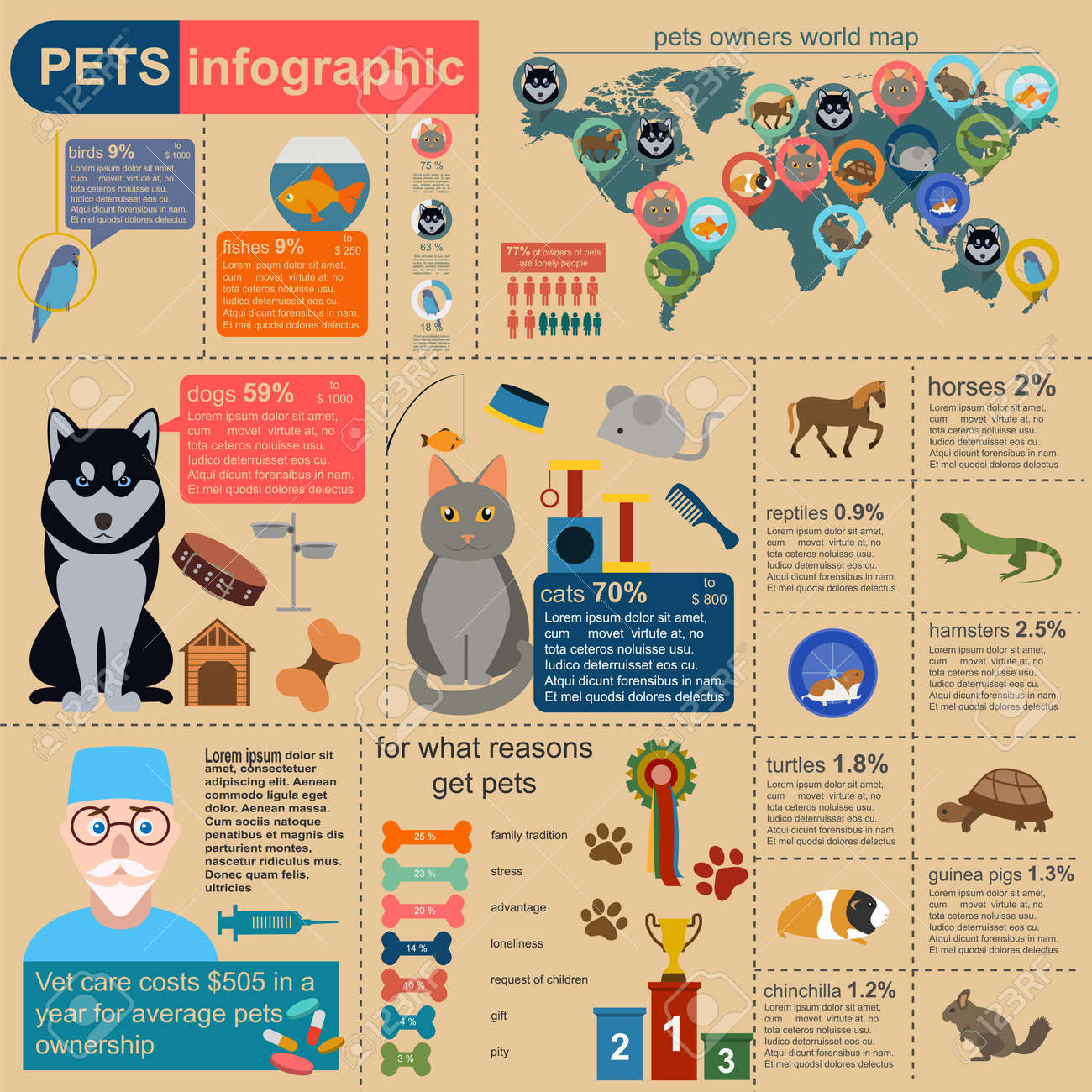Puppy daycare is an enjoyable means for your pet to socialise and burn off energy, however it's not ideal for every single pup. Ensure your puppy is risk-free and prepared for the experience by checking out the center ahead of time.
Generally, daycare is advised for pups in between 12 and 16 weeks old, after they have actually obtained their initial inoculations.
Inoculations
A lot of boarding and day care facilities require puppies to have their first round of puppy inoculations prior to they can take part on the enjoyable. This is since the younger an animal is, the much more at risk they are for major disease. The inoculation cycle aids to develop immunity over time by encouraging the pet's body to produce antibodies against certain diseases.
Puppies obtain their preliminaries of pet dog injections from their mom as she passes them through the placenta during birth. This mother's resistance lasts for a while but will at some point disappear, so vaccination is needed to maintain the pup healthy and balanced and secured.
A few of these vaccines are injected and others are offered by mouth or with the nose using drops or sprays. The majority of negative effects of these sorts of young puppy injections are mild and will pass within a couple of days. Hardly ever, a young puppy or kitten can experience a more extreme response to one of the vaccinations and will certainly require instant veterinary focus.
Socialisation
Young puppies with limited or no socialization can create worry and aversions to brand-new individuals, canines, and areas. Childcare subjects puppies to a selection of individuals and other pets in a regulated setting to help them construct self-confidence and tolerance.
Puppies that regularly most likely to day care learn to adjust to different environments, appears, and scents. This helps them conquer anxiousness and fearfulness in unfamiliar scenarios such as vet visits or public rooms.
Most pet day cares permit young puppies to play with various other dogs and human beings in safe, monitored play groups. The team keeps an eye on interactions to make sure safety and urge positive actions. They also have the training to eliminate a puppy from a hazardous situation quicker than owners can. Preferably, a day care will certainly have obedience training so young puppies can respond to remember commands and avoid retreat attempts, pet fights, and injuries. They additionally train dogs to comprehend human and canine social signs, which can avoid aggressiveness or reactivity.
Training
Puppies need to learn that they can't constantly be surrounded by their human family members and that having fun with buddies is all right too. That's why training is critical before a dog signs up with day care.
Preferably, a puppy needs to have had fundamental obedience training, been personality evaluated and "talked to" by the day care personnel (i.e. hung around in a play group being seen by the staff to see just how they interact with various other pets). This will tell them concerning their personality, likes/dislikes, worries and power level to understand whether daycare is the ideal suitable for your canine.
An excellent daycare will deal with you to see to it your puppy is risk-free, satisfied and has the most fun at day care while you're away. This is especially essential dog kennels boarding for high power types (think Labradors, Pit Bulls and Jack Russells) who are mosting likely to have a hard time draining pipes all their power at home and may even wind up obtaining destructive and/or irritating their next-door neighbors or their furniture while they're WFH.
Health care
Pups have different preventative health care demands than grown-up dogs. They may have a greater threat of developing specific conditions, such as heartworm disease or tick-borne infections like Lyme illness. Inoculations can reduce the risk of these health problems.
Pups can also establish long-lasting wellness concerns, such as arthritis or diabetes, if not worked out at a healthy and balanced level. Regular exercise assists pups handle their weight and prevents the development of unwanted chewing.
A lot of childcares call for pets to be fully vaccinated and purified or sterilized prior to beginning childcare. Some centers just accept older dogs and may not be able to fit a young puppy. Try to find a center that has floor-to-ceiling wall surfaces to protect animals from air-borne health problem. The majority of excellent childcares will certainly also be able to offer info on their cleaning procedures and exactly how they maintain family pets different from each other. Some might prohibit specific sorts of collars, consisting of prong, martingale and choke collars as they can place the dog at risk of injury or infection.
